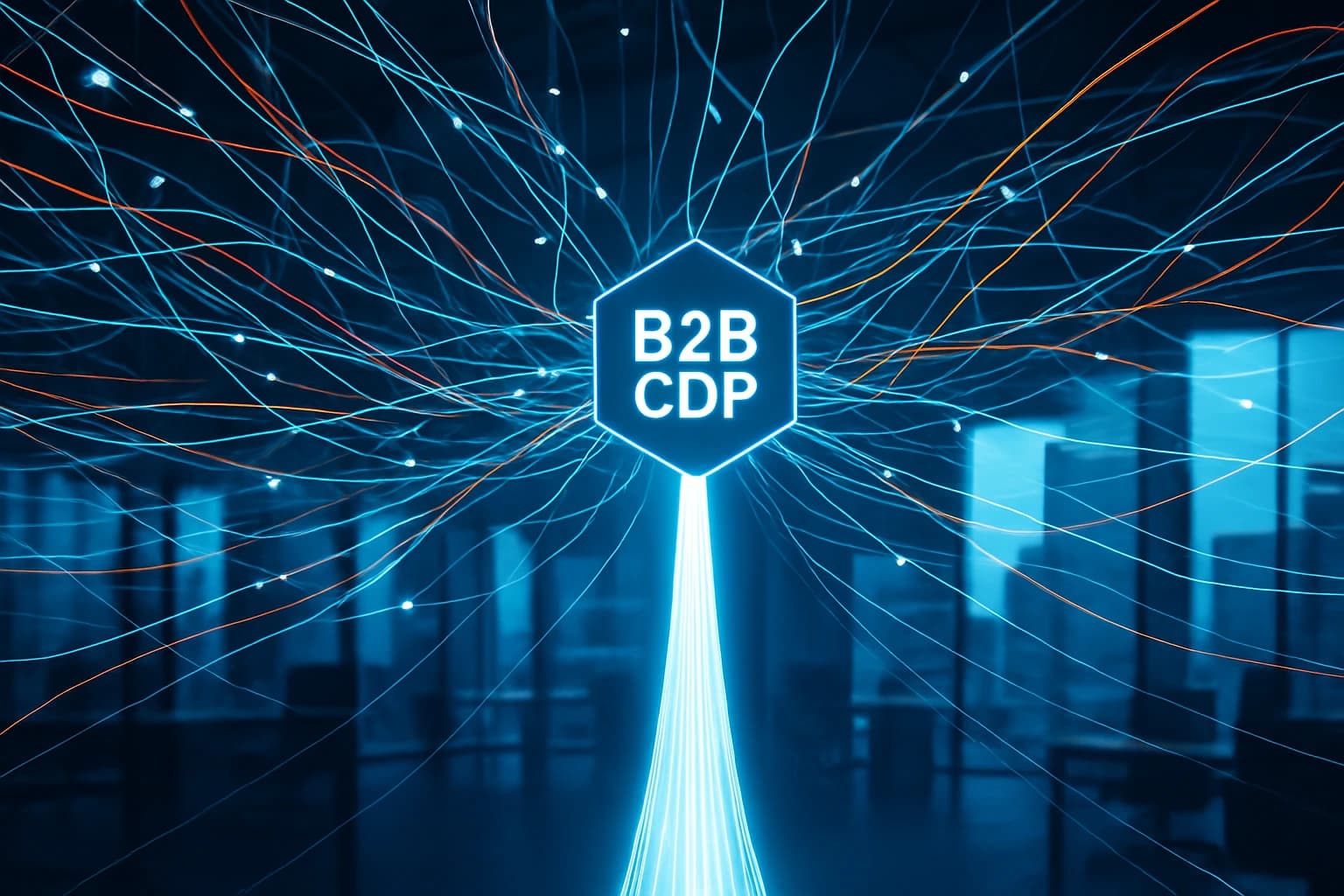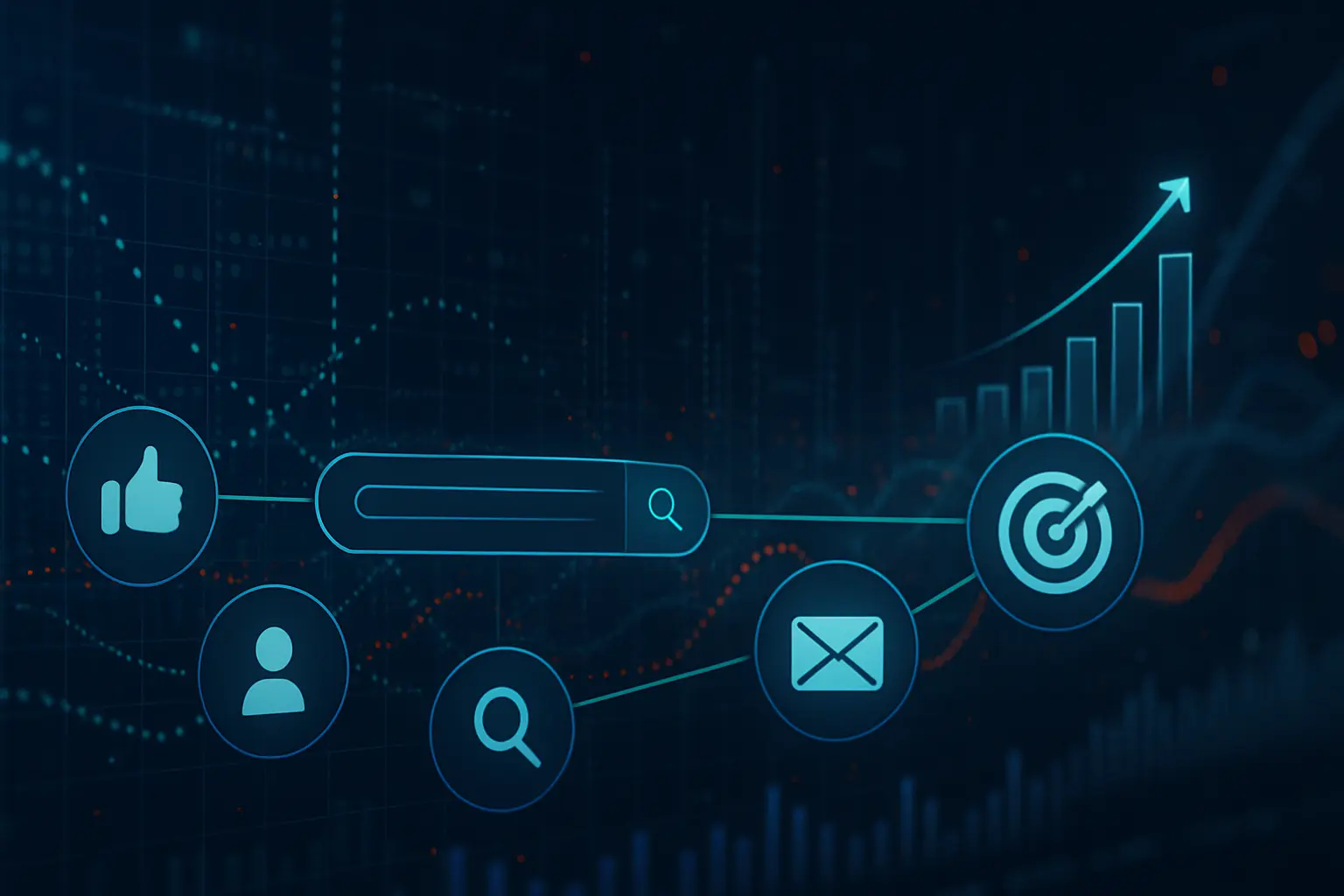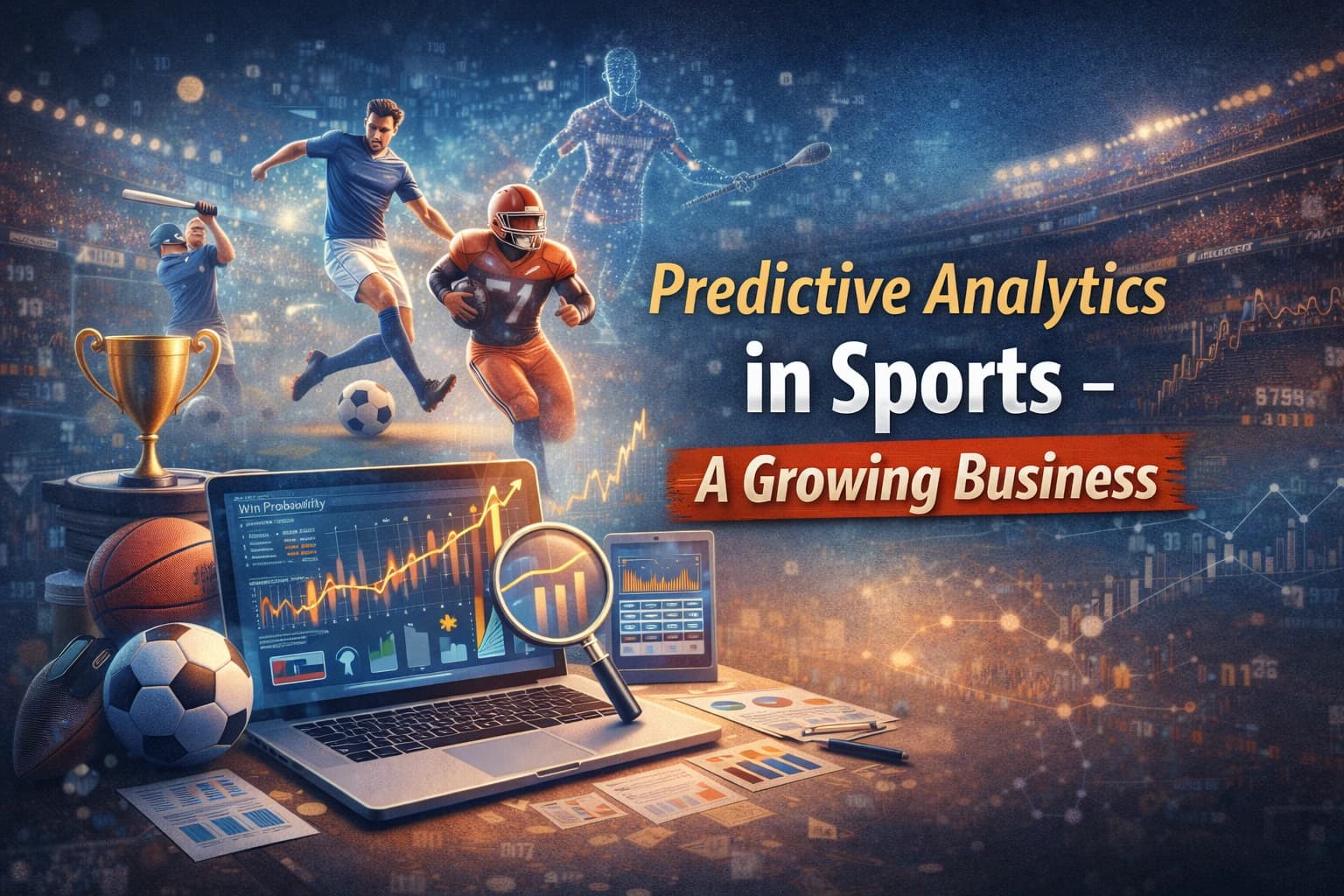Even A B2B Business Needs A B2B Customer Data Platform
Unlike a B2C company, a B2B company has companies and businesses, not individuals, as customers. Not only that, a B2B enterprise has to deal with a lengthy and often intricate buying cycle involving multiple departments. Sales is never a straightforward, one-on-one process here.
Hence, if you are a B2B company, you have to be forgiven for not having contemplated adding a customer data platform (CDP) to your MarTech stack, in the mistaken belief that it was only for B2C businesses. You couldn't be more wrong.
In fact, studies indicate that B2B businesses, as buyers of a CDP, will increase by 2025.
A CDP can play a significant role in account-based marketing in a B2B business. It will help evolve a single source of truth and, with it, identify buyers, create buyer segments, deliver targeted content, and, in short, enable a successful one-on-one marketing campaign.
How Oyster CDP can help in Predictive modeling >>> Speak to Us
Are B2C And B2B Customer Data Platforms Very Different From Each Other?
At a macro level, the answer is "no." The underlying principle of both CDPs is the same: to provide a unified view of customers based on the data available, making marketing and customer service highly effective.
Where the difference comes in is in the strategy that both forms of CDPs help with. For example, in a B2B company, a CDP is at the very heart of its account-based marketing strategy. The platform is used to gain insights from prospects' data, for example, to target a strategic prospect with a special offer based on a specific action. On the other hand, in the B2C world, CDPs are used to gather intelligence and activate insights about existing customers.
Using a CDP, a B2B business can compile data from all its marketing and sales stacks and third-party sources. This eventually helps B2B companies deploy more innovative campaigns to grab enterprise accounts. Some B2B companies have reportedly experienced up to 70% higher engagement with other companies when using a CDP.
What Capabilities Must A B2B Customer Data Platform Have?
First and foremost, any B2B CDP worth its price tag must be able to map leads to accounts. Because, as a B2B business, you're selling to individuals in buying centers and accounts that live in hierarchies.
Here are some of the must-have features of a B2B CDP:
Integration with Sales and 3rd-party sources: This is of primary importance because Sales must be able to work on the leads effectively passed on to it by Marketing. Things must go beyond the simple sharing of data.
Also, the CDP must be able to ingest and integrate data from 3rd party sources into unified profiles.
Flexible: A B2B CDP should be able to connect with outside systems and data from any source. Never go in for CDPs that cannot do so. It is also vital that a B2B vendor not be tied to a single platform, but be functional across your technologies.
Scalable: There are cases where a B2B company may initially need to work with low volumes of data, but a good B2B CDP must be scalable, i.e., able to scale in scope and size as the customer base grows.
Oyster B2B CDP
The Express Analytics Oyster CDP has all of the above qualities and more. It allows marketers to map user & account details to help them run account-based marketing campaigns.
For example, Oyster collects user IDs when multiple apps, such as HubSpot and LinkedIn, are connected to develop a single master profile—no more confusion about a contact's identity. What's more, you can even create the same profile for logged-in and non-logged-in users. All of which helps eliminate duplicate contacts.


